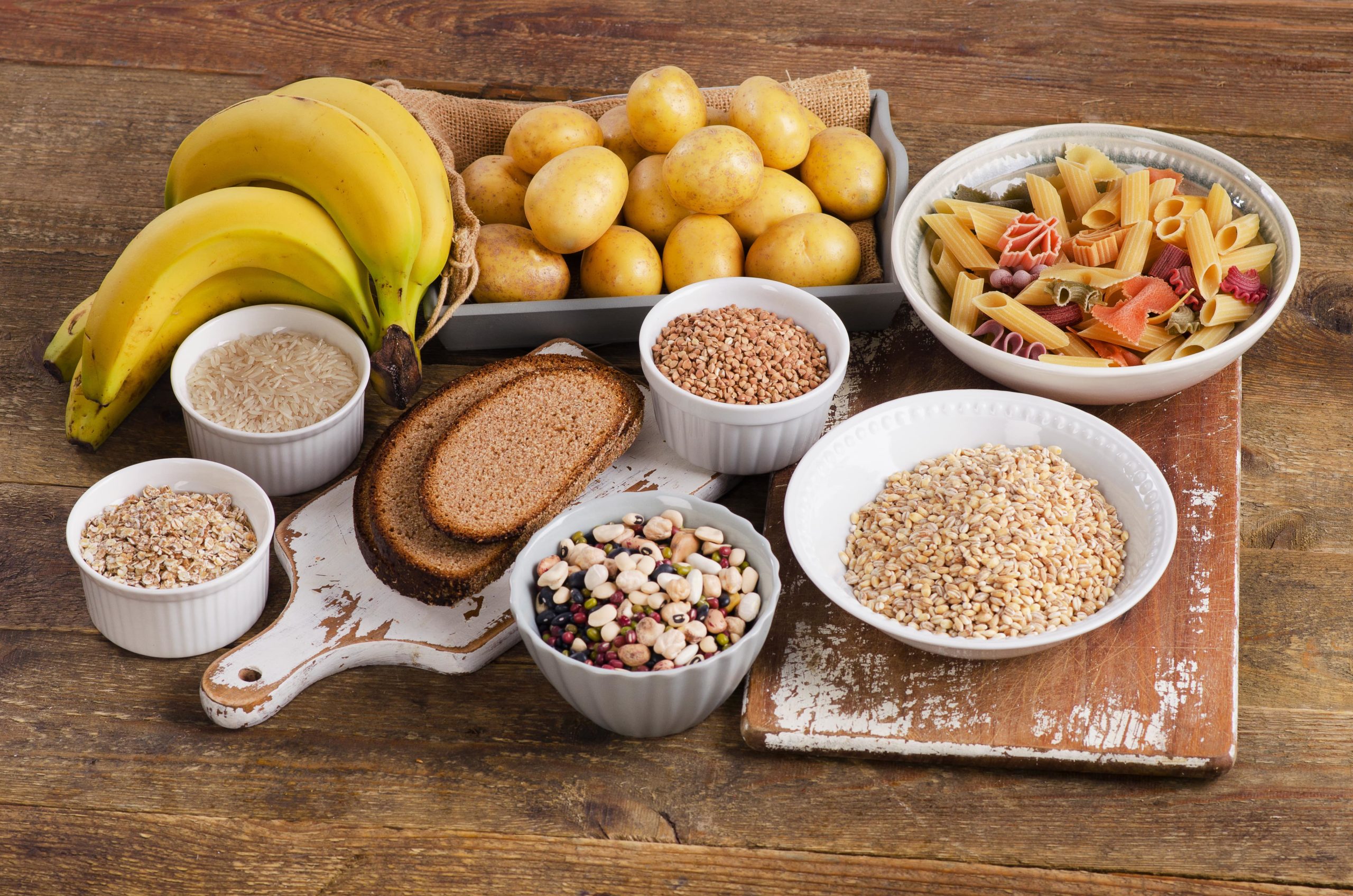When diarrhoea strikes making a few simple food choices may help relieve some of its uncomfortable symptoms.
Food may be the last thing on your mind when you’re in the middle of a bout of diarrhoea, but it’s important to remember that you should continue to drink more fluids than normal and then eat when you’re able.
The main priority when you have diarrhoea is always to maintain your fluid intake so you don’t get dehydrated (this may be more of a problem if you’re also vomiting) and then try to provide yourself with some calories to help fuel your body.
Although ‘starving’ the gut of food (with the idea of reducing the number of stools (poo) and allowing the gut to ‘rest’) was once recommended there is limited evidence to show that this approach actually helps. Doctors no longer recommend restricting your food intake and suggest just eating solid food as soon as you feel up to it (there’s no need to force yourself to eat) while still continuing to drink plenty of fluids.
But remember, when you do feel like eating, some foods may make your diarrhoea worse while others may help relieve your symptoms.
Food and diarrhoea
The amount of food you eat, how often you eat and what you eat can all affect how your gut functions and may also play a role helping to manage diarrhoea symptoms when things are going wrong – such as when you have diarrhoea. Diarrhoea is where you find yourself passing looser (runny, watery or unformed) stools more frequently than normal. It can also be accompanied by tummy cramps and pain, feeling sick and vomiting, and your appetite may go out the window! There are lots of different reasons why you may get a bout of diarrhoea, but a bacterial or viral infection (such as gastroenteritis or food poisoning) are the most common causes of diarrhoea. The infection irritates the gut and leads to an inflamed gut lining – food may then move too fast through the gut with less water and nutrients being absorbed and sometimes the gut will also excrete extra fluid – which all means you end up passing the frequent runny, watery stools typical of diarrhoea. While inconvenient and uncomfortable, acute diarrhoea is not usually a serious problem, generally resolving after a day or two. If your diarrhoea is severe or persists, you should consult your doctor immediately.What to eat
Having diarrhoea can really put a damper on things making it difficult to know what to eat and what to avoid. The good news is there are a few simple short-term changes you can make to your normal foods that may help ease things while you have diarrhoea. You may like to try:- Starting with bland foods – avoiding fatty, sweet or spicy foods that may make your diarrhoea worse
- Eating soft, easily digested foods – such as white fish, mashed potatoes, sorbets or jellies
- Choosing foods that contain soluble fibre – such as oat bran, fruit and vegetables – this type of fibre helps soak up water and bulk out your stools, slowing down the time it takes for them to pass through your gut. Insoluble fibre, on the other hand, does not absorb water and makes the food travel more quickly through your gut and should usually be avoided when you have diarrhoea.
- Increasing the amount of starchy foods – such as banana, bread, plain crackers or rice may help.
- Adding live culture yogurts or other probiotic products to your list – taking probiotics (by themselves or mixed with other food/fluids) has been shown to help reduce the duration of a bout of diarrhoea.
- A soup – when you just don’t feel like eating anything solid.
- Make sure you drink plenty of fluids
- You don’t need to stop eating
- Eat solid food as soon as you feel able
- Try small frequent meals and snacks and build up from there
- Don’t let an attack of diarrhoea catch you unprepared – be ready with Gastro-Stop® for effective diarrhoea relief within one to three hours after the first dose.

